Virtually all the banks listed on the Nigerian Stock Exchange (NSE) witnessed varying degrees of growth in their share price during the month of May. Besides Union Bank of Nigeria Plc which declined by 0.7% and Aso Savings and Loans Plc which recorded no price movement, all the other banking stocks recorded increases according to checks by Nairametrics Research.
Best banking stocks in May
The best-performing banking stock for the month was Jaiz Bank Plc. The share price increased by 27.3% to N0.70, up from N0.55 in April. This is followed by Stanbic IBTC Holdings Plc which rose by 25.6%. Zenith Bank Plc and Unity Bank Plc both gained by 18.2%, followed by FBN Holdings Plc which rose by 16.3% and then Ecobank Transnational Incorporated with 14.6%.
See the rest of the banks and their share price performances in the chart below.

The factors responsible for the positive performance, starting with CBN’s FX restrictions
Interestingly, the positive returns for Nigerians banks may not be linked to any tangible fundamentals. According to Investment Advisor and Fixed Income expert, Ighodaro Alonge, these banks are significantly undervalued and operate in a very challenging economy. He told Nairametrics that one of the factors responsible for the positive performance of the banking index was the fact that many portfolio investors were unable to move their money from the country due to FX limitations. So, they reinvested.
READ ALSO: PwC’s Andrew Nevin urges FG to provide more economic stimulus amid Covid-19
“Fundamentally, the Nigerian banking system is not what is really driving performance. What is driving performance is more from investments that cannot exit the Nigerian market due to the backlog of FX demands. There’s a backlog of FX demands at the Investors & Exporters window of about $1.5 billion. Those monies have not been able to leave Nigeria. So, some of them have had to roll their money back into the stock market,” Alonge said.
Equity Trader, Kenneth Kanebi, shared a similar point of view. In a separate phone interview with Nairametrics, he explained that given the very sparse FX liquidity due to the fall in oil prices and also the Coronavirus pandemic, Nigeria was not getting as much FX revenue as it used to get in the past. As a result, the country’s obligation to foreign portfolio investors who invested in Nigeria, sold their assets, and were looking to repatriate funds, could not be met.
“A couple of these foreign portfolio investors have had their money trapped since March when the CBN restricted the sale of dollars on the I&E window. A couple of these investors have also earned dividends within that period. And what we believe is that they began to reinvest in the market. Hence, the demand we saw in the likes of GTB,” he said.
Some maturing financial instruments found their way to the equities market
In an emailed response to Nairametrics’ inquiries, the Head of Retail Business at CSL Stockbrokers Limited, Ifeoma Ukwunna, noted that “maturing debt instruments found their way into the equity market rather than being rolled over at very low-interest rates, and banks were their favorites.”
On his part, Kenneth Kanebi also explained the role played by OMO maturities. He said:
“OMO maturities also played a huge role. This is because the investments that are maturing cannot be reinvested in OMO given the new CBN policy. So, we believe that some of that naira inflow found their way into the equities market now that there are limited opportunities to invest in. Secondly, the few domestic investors that tried to use NTBs as substitutes for the OMO bills have realised that because of huge demands, the yield on NTBs crashed significantly. So, for a few of these guys, the only option available was equities.”
Global influence on the Nigerian bourse
It should be noted, at this point, that the performance of the Nigerian stock market in May, was in tandem with global trends. Across major markets in North America, Europe, Asia, and Sub-Saharan Africa, the prices of equities increased. As Ighodaro Alonge explained, this can be attributed to what he described as ‘central banks’ liquidity’. In other words, central banks around the world, especially the U.S Federal Reserve, pumped liquidity into the system. He explained:
“In May, equity prices rose across the globe. We saw that reflect in Nigeria across the board. What was fueling the rise in asset prices is Central Banks’ liquidity. The amount of liquidity pumped into the system by the U.S Federal Reserve between March and April has gotten to about $3 trillion. They pumped in about $3 trillion into buying a range of assets such as US Government bonds, U.S-backed mortgage securities, and even investment-grade corporate bonds. So, the liquidity helped assets to climb upwards.
“Now, whatever obtains within the U.S market usually tends to happen across the globe. The U.S makes up about 40% of the global stock market capitalisation. So, the U.S direction tends to sway the global market either upwards or downwards. Therefore, because the U.S market has been bullish, the Nigerian market was also bullish.”
READ ALSO: Nigerian banking stocks remain most liquid stocks, as investors gain N25.1 billion
Impacts of COVID-19, crude oil prices and more
In her emailed response, Ifeoma Ukwunna also attributed the rally on the NSE to the COVID-19 pandemic and fall in crude oil prices. According to her, the pandemic, oil price decline, and asset sell-offs by foreign investors all led to stock prices declining initially. As bad as this was, it also presented an opportunity for other investors buy up value stocks; including a lot of the banking stocks. She, however, forewarned that the rally may not be sustainable.
“With the outbreak of COVID-19, fall in crude oil prices, and sale programme activated by foreign investors in Q4 2019, most stock prices dropped sharply in February and March. The banking index in particular fell by 15.59% and 21.56% respectively, presenting a good opportunity for bargain hunters to pick up value names.
“We doubt the trend will be sustained going into this quarter, with the IMF’s call for banks to call off dividend payments. The CBN hasn’t said anything to the effect as there are already existing conditions to be met for dividend payments. Investors will react negatively if the CBN advocates the same.”

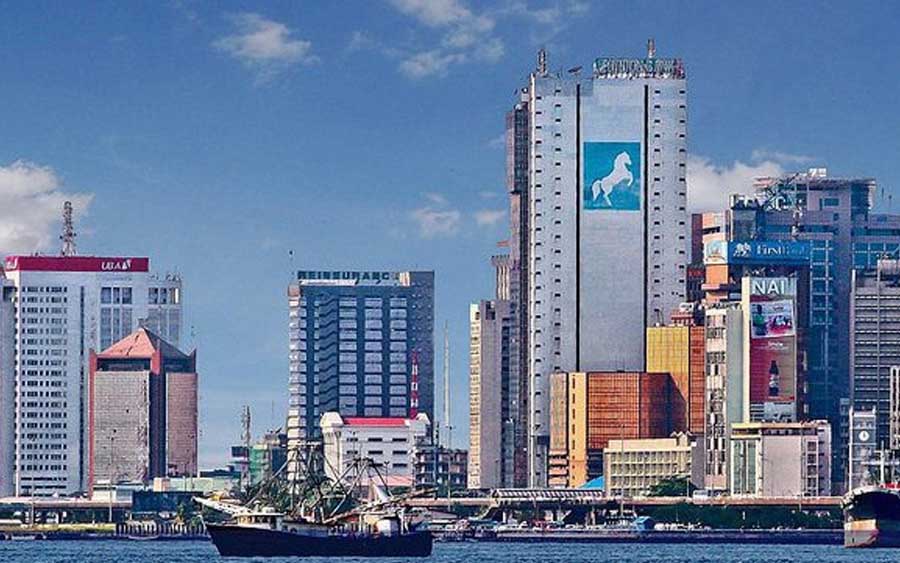








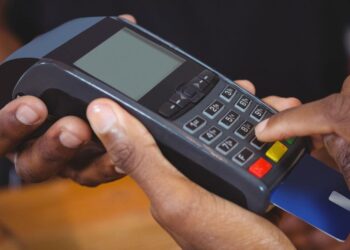
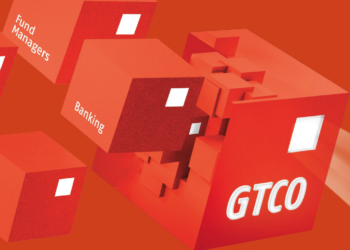
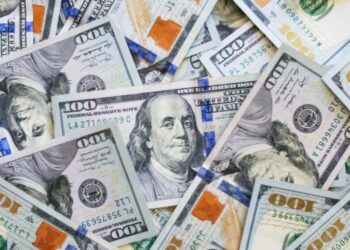
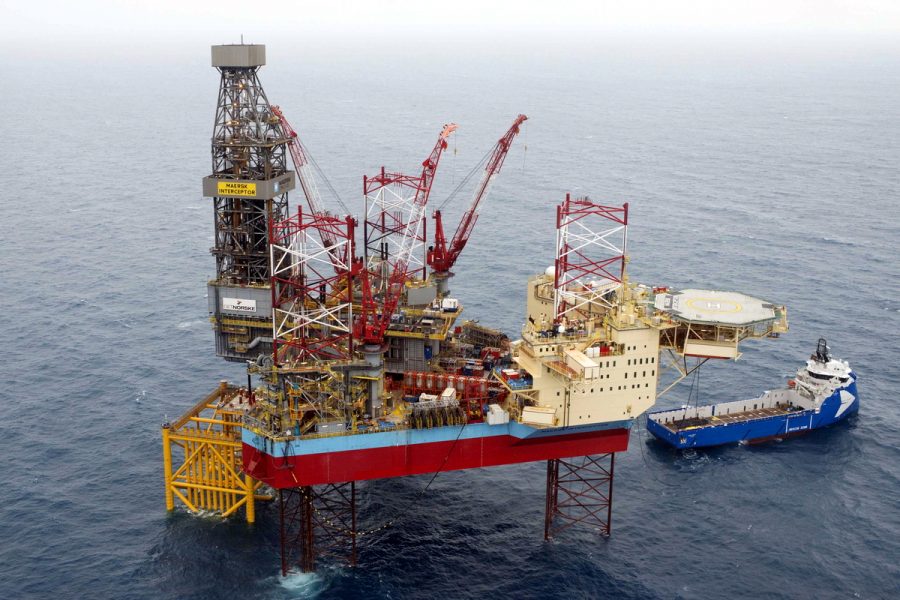












Thank you for your thoughtfulness. I also think the non-issuance of the OMO Bills by CBN in May 2020 also contributed to this. Thank you.